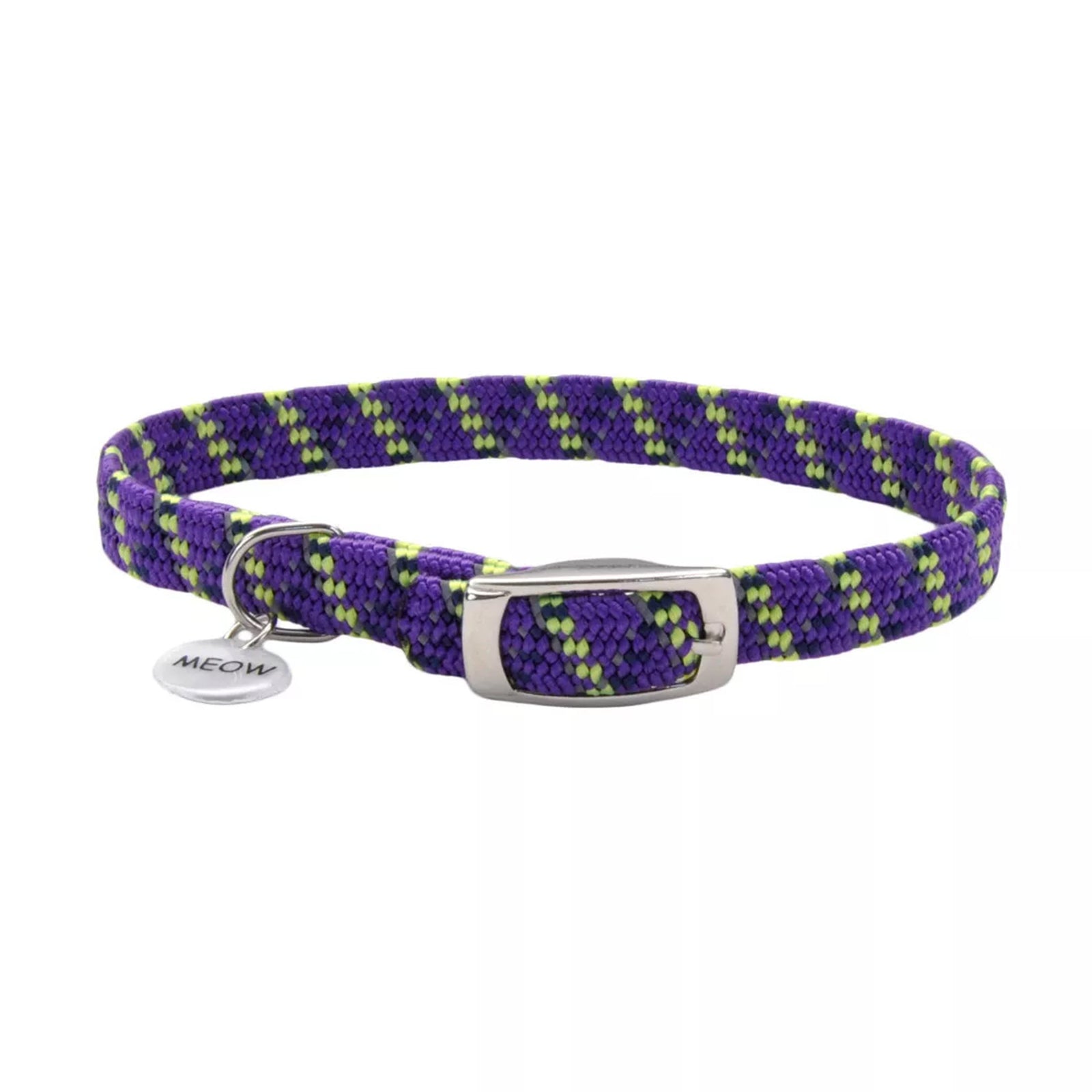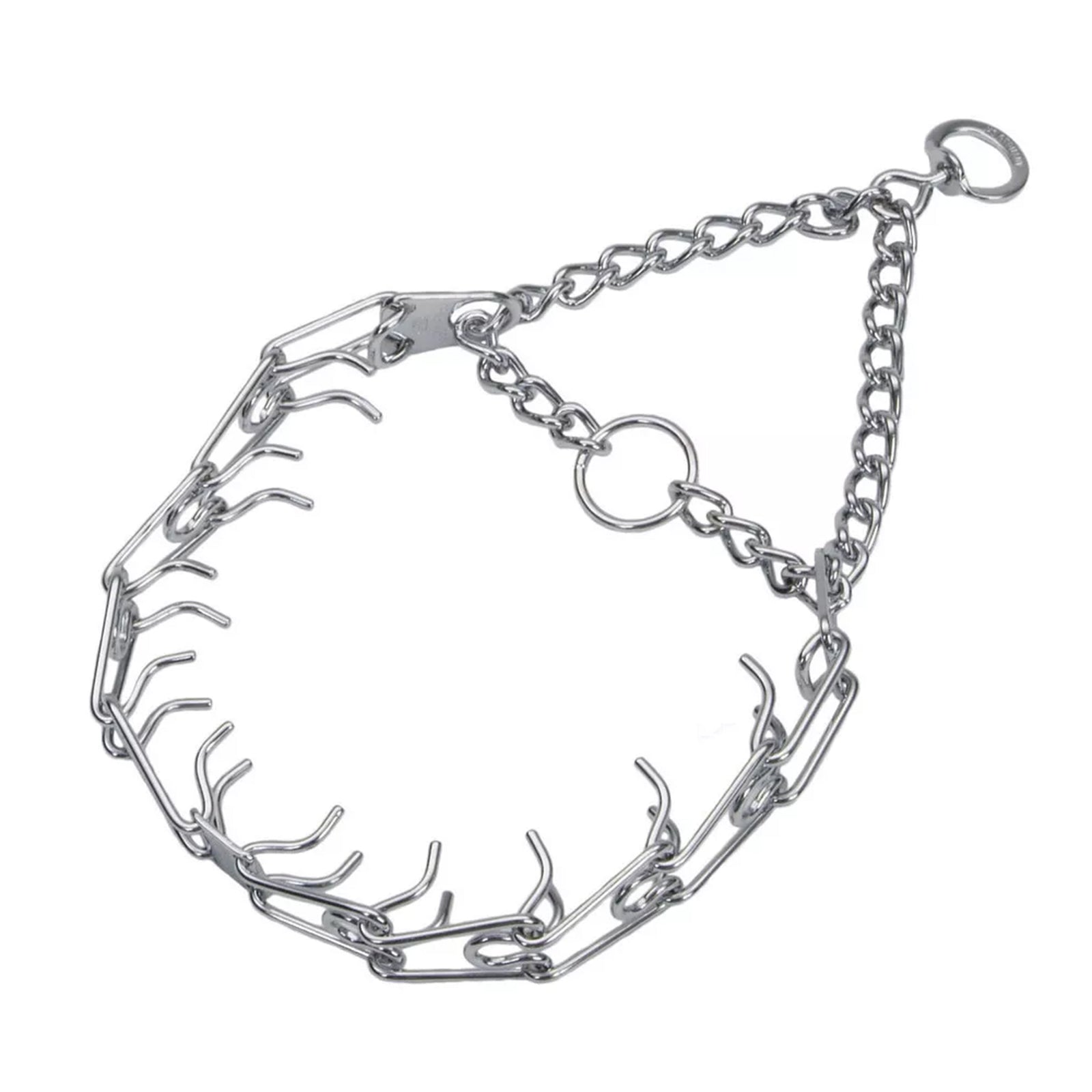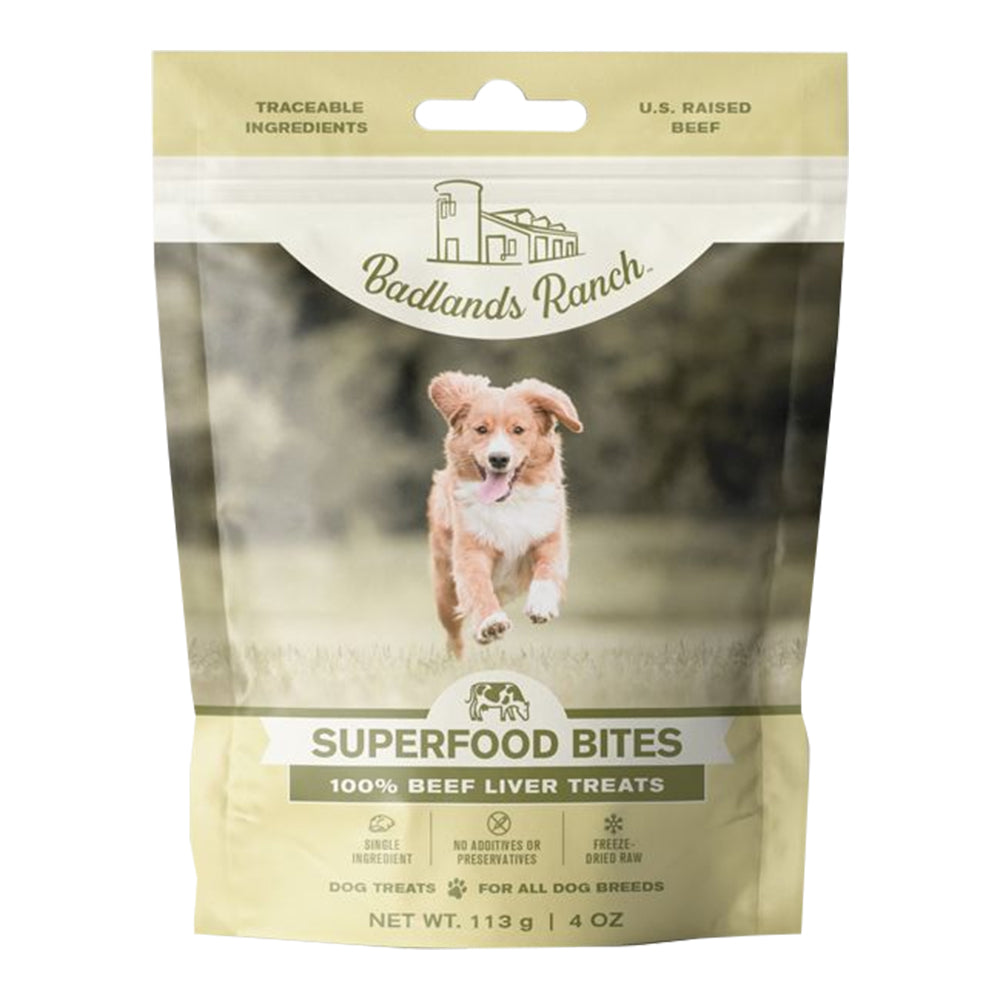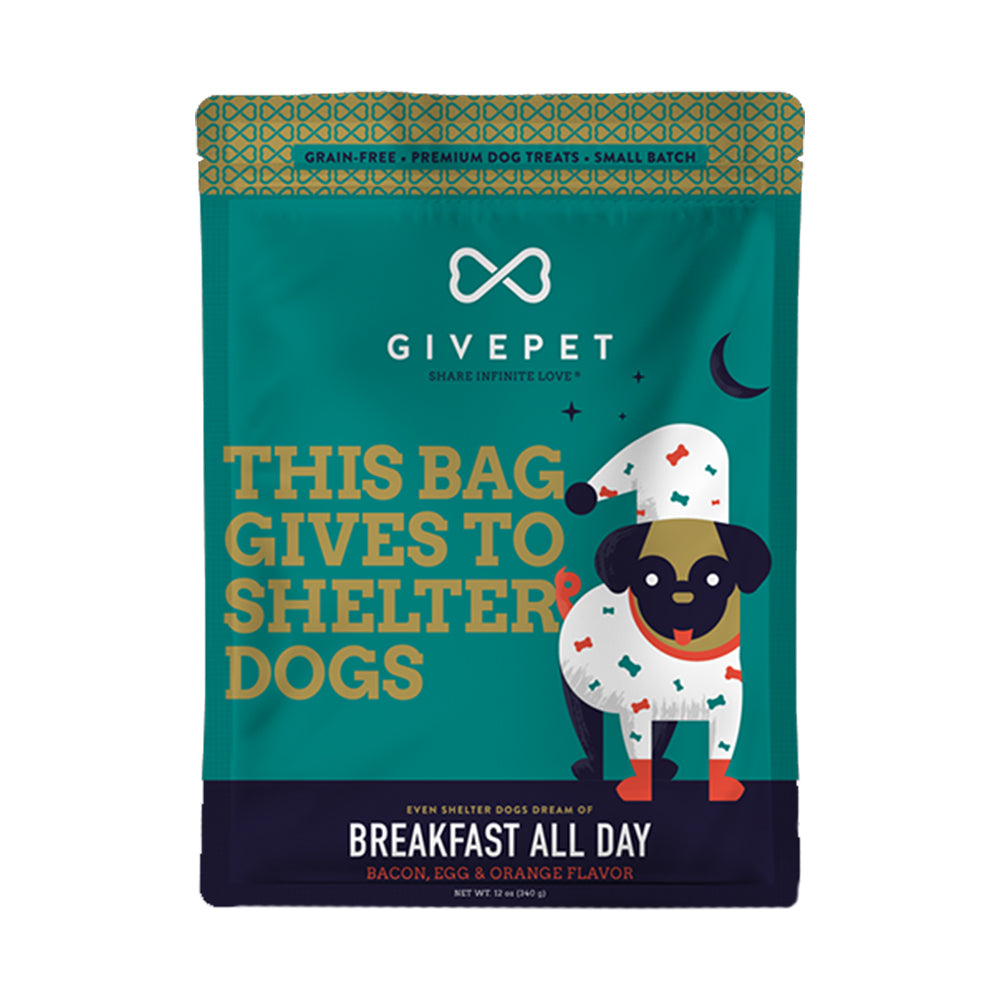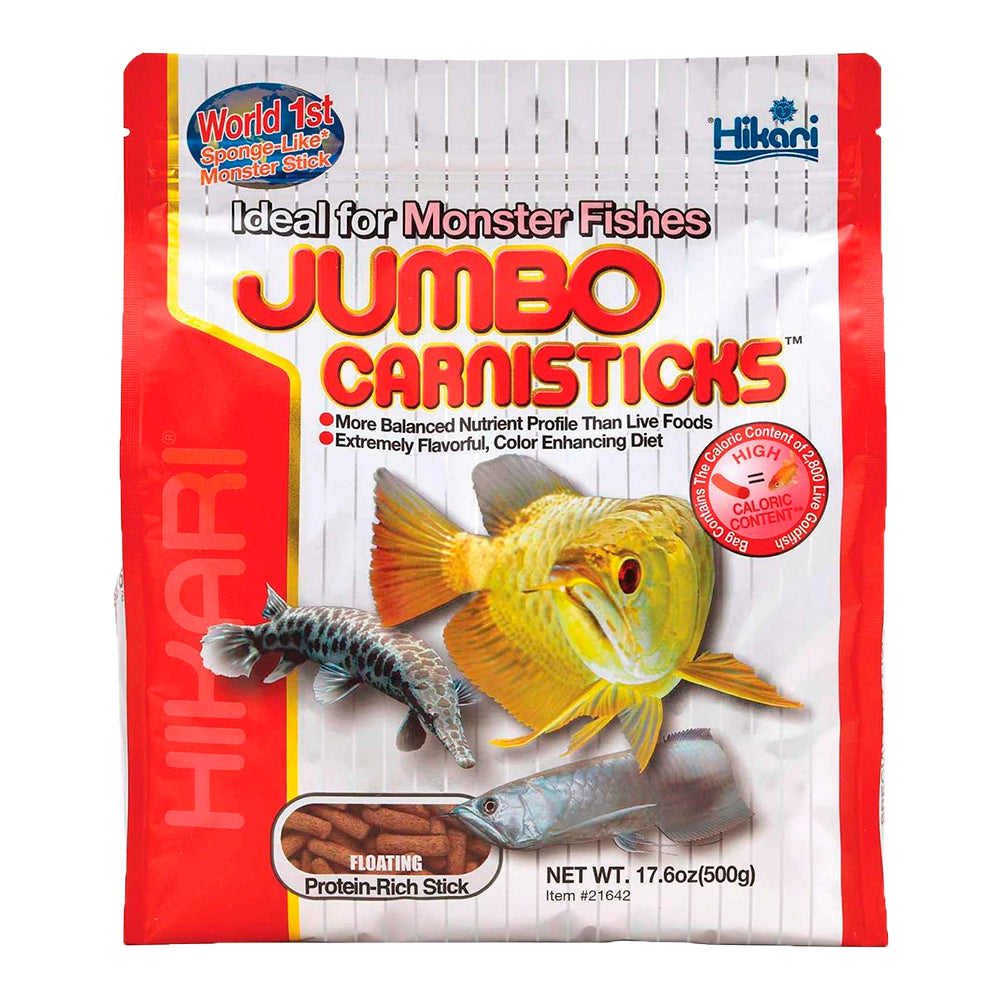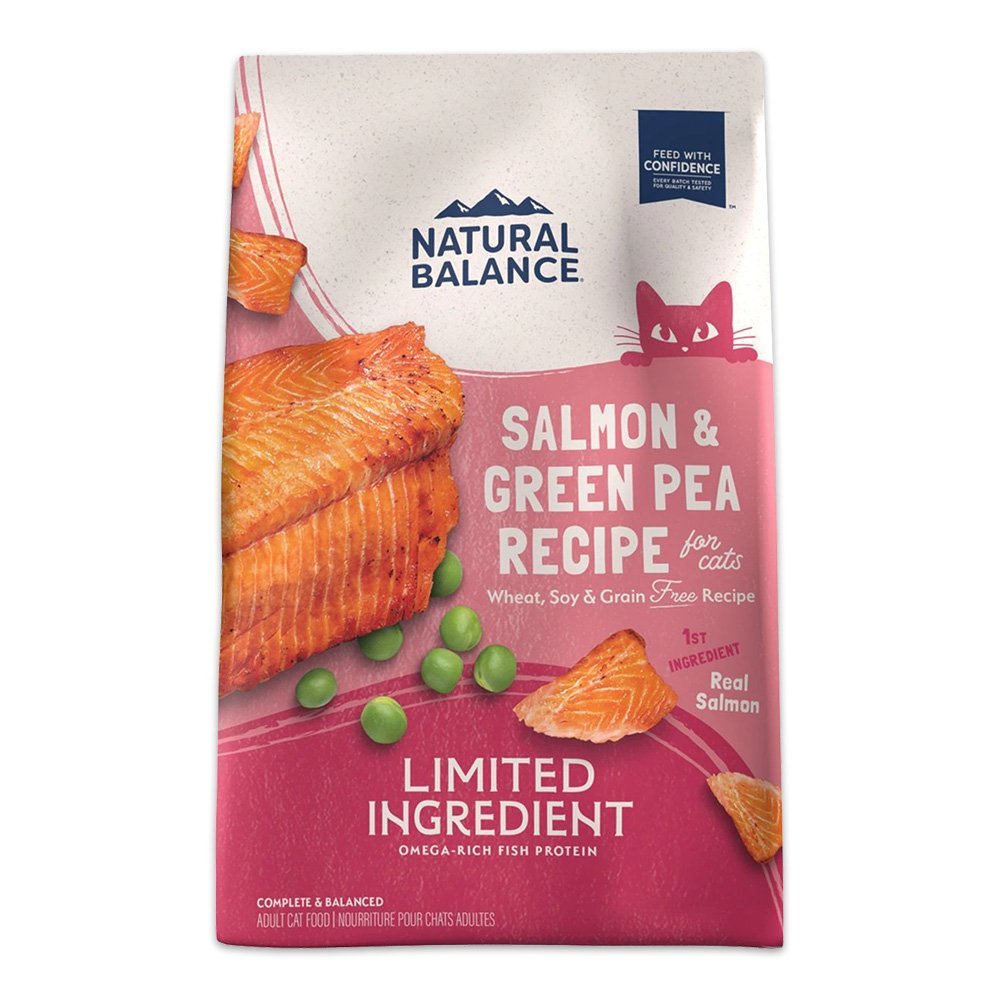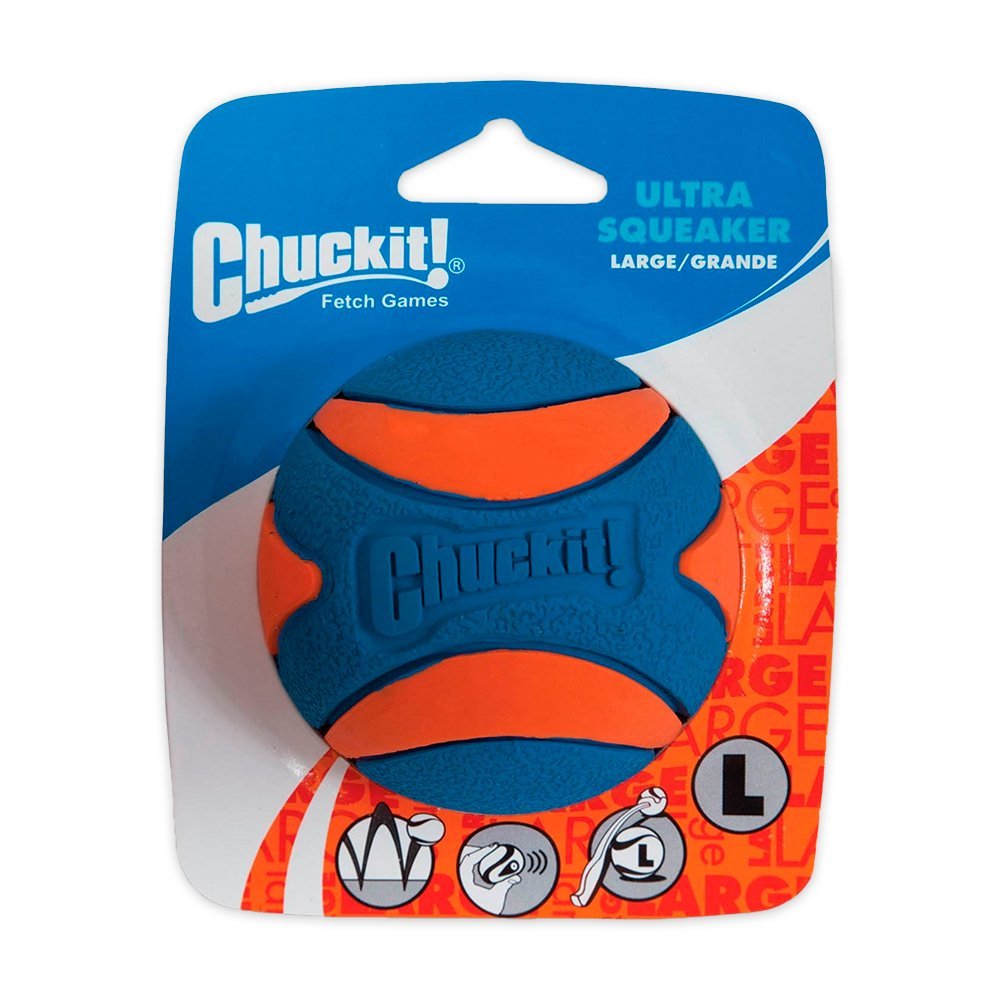Quick Facts:
- Cats can survive 1–2 weeks without food, but only 2–3 days without water.
- Health begins declining within 24–48 hours of no food.
- Lifestyle
You may often wonder, How long can cats go without food and water? This question especially arises when your cat skips a meal or ignores their water like it’s broccoli at a kid’s birthday party. We know it’s a bit nerve-wracking for you. Maybe they’re just being dramatic (cats, am I right?), or maybe something’s actually up. This isn’t one of those “wait and see” things you can ignore forever.
So, what’s the deal—how long can they actually go without food or water before it’s time to panic? Read on for more information.
How Long Can Cats Survive Without Food?
Cats might hang in there for a week or two without food. However, this is possible as long as they’ve got water to drink. But let’s be real, if your cat skips meals for more than a day? That’s already a big ol’ red flag. Their systems freak out and start burning through fat and muscle like there’s no tomorrow. Some animals can chill for ages without food, but cats? Not a chance. Leave ‘em hungry for too long and you’re asking for trouble, health-wise.
| Situation | Time Without Food | Risk Level |
| Missed one meal | Few hours | Low (monitor closely) |
| No food for 24 hours | 1 day | Moderate |
| No food for 2–3 days | 48–72 hours | Serious |
| More than 3 days without food | 4+ days | Critical (Emergency) |
What Happens After 24 Hours Without Food?

Your cat skipping their meal for just 24 hours might seem fine to you. However, things start going sideways pretty fast. Here’s the rundown:
- Their blood sugar tanks. You’ll see them acting all wobbly, maybe zoning out. Not cute, actually kind of scary.
- Next up, the liver starts freaking out. Especially if your cat’s carrying a few extra pounds, they can get hit with hepatic lipidosis. That’s no joke—it can literally kill them.
- The gut? Yeah, it slows down. Your cat might feel queasy, which makes them want to eat even less.
Don’t take it lightly if Whiskers refuses dinner for a day. Even if they’re pretending to be chill, it’s time to call the vet.
Long-Term Risks of Starvation in Cats
If your cat decides to go on a hunger strike, things can get ugly fast. Here’s what can happen to them:
- Fatty Liver (a.k.a. Hepatic Lipidosis): Cats are weirdly prone to this. If they stop eating outta nowhere, their liver basically throws a tantrum trying to deal with all the extra fat.
- Muscle Meltdown: No food? Well, their bodies say, “Fine, I’ll just eat myself then.” You will notice your cat’s muscles start to waste away. The result is that your furball is not so fluffy anymore.
- Immune System Weakness: Cats need nutrients to keep their immune system flexing. Starve ’em, and suddenly they’re catching every bug in the neighborhood.
- Death: Yeah, they could die. We’re talking 7 to 10 days without food.
How Long Can Cats Go Without Water?
Water isn’t just important for cats. It’s basically life or death, way more urgent than missing a meal. A cat can go a few days without kibble, but not without water.
| Condition | Time Without Water | Result |
| Slight dehydration | 12–24 hours | Tiredness |
| Moderate dehydration | 24–36 hours | Low elastic skin |
| Severe dehydration | 48–72 hours | Organ failure, coma |
| Total fluid loss | 3+ days | Life-risking |
Cats are not big drinkers by nature, especially if they eat wet food. But if they’re not getting any water? That’s when things get dicey, fast.
Signs of Dehydration in Cats
So, how do you know if your little munchkin’s drying up? Watch for:
- Gums that feel dry or tacky (gently lift their lip, you’ll know).
- Eyes looking like they just binged a whole season of TV—sunken and kind of sad.
- Panting. Cats don’t really do this unless something’s up.
- Too tired to care about anything.
Why Water Is Crucial?
Water helps with:
-
Temperature regulation
-
Organ function (especially kidneys)
-
Detoxification
-
Digestion and nutrient absorption
Cats that don’t drink enough may develop a lot of health issues that are not easy to resolve.
Try to encourage hydration among your little furbabies by:
-
Offering a pet water fountain. Go for the Pioneer Pet Swan Pet Drinking Fountain to provide your little munchkin with a continuous supply of fresh, clean water
-
Mixing cat wet food into their diet. Grab your hands on the Natural Balance Original Ultra Canned Food for Cats – Duck & Duck Liver to serve your pet with the best cat food.
-
Adding low-sodium chicken broth to meals (with vet approval)
Why Your Cat Might Stop Eating or Drinking
These creatures usually do not avoid their food bowls if they are not having a problem. It’s crucial to figure out why they are doing it.
Medical Reasons
Many health issues can cause a loss of appetite or thirst, including:
| Condition | Common Symptoms |
| Dental problems | Drooling, pawing at mouth, bad breath |
| Kidney disease | Increased thirst (or refusal), nausea |
| Gastrointestinal issues | Vomiting, diarrhea, weight loss |
| Infections | Fever, fatigue, hiding |
| Pain or injury | Limping, low energy, avoiding touch |
| Cancer | Lethargy, weight loss, decreased appetite |
Behavioral or Environmental Causes
Sometimes it’s not medical—your cat could just be stressed or picky.
-
Dirty food or water bowls: Cats hate to have meals in dirty bowls. They want their dishes cleaner than your grandma’s fine china.
-
Change in food brand or flavor: Switched up their food? Maybe they’re just judging your taste in kibble now.
-
Hot weather: May cause a lower appetite as they are least interested in snack time during this weather.
-
Multi-pet stress: Got a bully in the house (dog, cat, even a hamster with attitude)? That drama can totally kill their vibe to consume food or water.
What To Do If Your Cat Refuses Food or Water
Now that you know the answer to ‘How long can cats go without food and water?’, it’s time to learn what steps to take if your cat refuses to eat or drink. Here’s what to do right away:
Immediate Steps
-
Check the food and water bowls - First, take a look at those bowls. Are they gross? You may have forgotten to wash them last week. Or maybe there’s a weird crack.
-
Offer wet food for cats or tuna – The smell can tempt a picky eater. Try to feed them anything that gets your furball even a little interested.
-
Try warming the food slightly – Microwave the food for a few seconds. You can try this to make it smell more enticing.
-
Provide a calm space – Make sure things are chill around their eating spot. No loud noises, no dogs drooling nearby
When to Call the Vet
-
Food refusal: Over 24 hours
- Water refusal: Over 12–24 hours
Preventative Care Tips
The best cure is prevention! Here’s some of the daily stuff you really shouldn’t skip:
Daily Habits
- Change the water every day. Cats aren’t drinking out of a swamp.
- Try to feed them around the same time—unless you enjoy being yelled at by a tiny furry dictator.
- Wash their bowls. Like, actually scrub ‘em. Would you eat off a crusty plate?
- Toss in some cat wet food sometimes. It helps with hydration and, let’s be real, they go bananas for it.
- Pay attention if they stop eating or start acting weird in the litter box. That’s never a good sign.
Final Thoughts: Don’t Wait and Wonder!
To sum it up, how long can cats go without food and water? Not very long.
-
Without food: Health risks begin in 24–48 hours.
-
Without water: Serious problems arise in 12–24 hours.
-
More than 3 days without either is potentially fatal.
And yes, don’t freak if your little package of fur skips a meal. Cats are dramatic. But if they keep refusing food or water, don’t wait around. It could be a small issue, or it could be something worse. Jump on it fast, and you might save your little munchkin from all mishappenings.





